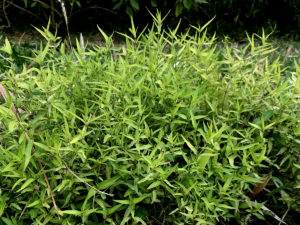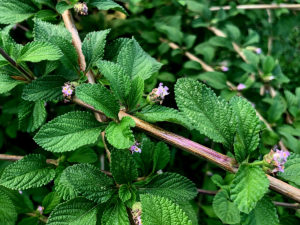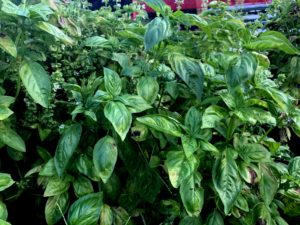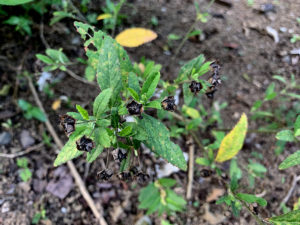Herbs: Our allies in health
Amid this global pandemic, we have become more aware of the need to take care of ourselves and others, both physically and mentally. Since ancient times, humans have made use of medicinal plants to alleviate ailments of all kinds. Taking into account this age-old knowledge, we built an ethnobotanical garden in 1991 at EARTH University, to connect our entire community with the powerful properties of plants. What follows is a brief overview of our favorite herbs along with suggestions about utilizing them at home.
Oregano
When chewed, oregano leaves have anti-asthmatic as well as diuretic effects. In addition to using it in cooking, you can make a tea that will help relieve cramps, headaches, stomach pain and breathing problems.
Linden
Linden naturally calms the nervous system. Feeling anxious these days? Prepare a herbal infusion with linden leaves, and let its properties relax you and enhance your sleep.
Juanilama (Lippia alba)
This works as a sedative and antispasmodic for conditions such as colitis and gastritis. To make an infusion: Boil half a liter (about two cups) of water, add three or four flowers with seeds, then let it rest until cool enough to drink. You can consume a mugful up to three times per day.
Aloe vera
One of the most popular medicinal plants, it works as a topical salve and as a digestive aid. It can relieve itching and burns as well as remove damaged skin cells. Simply rub the aloe vera gel onto any affected areas. It can sometimes cause irritation or other allergic reactions, so use it with caution and listen to your skin.
Touch-Me-Not (Mimosa Pudica)
Its ground root is used to soothe toothaches. You can apply it directly around the tooth or you can make an infusion by placing some of the root in hot water. Beware, this remedy is not suitable for pregnant women.
Basil
In addition to adding a burst of Mediterranean flavor to food, basil can help relieve digestive problems and serve as a diuretic. Make an infusion with basil leaves to relieve abdominal heaviness or nausea.
Arrowleaf sida (Sida Rhombifolia)
An infusion of its branches and leaves can help decrease gastritis and stomach ulcers.
Another advantage of all these plants is their easy accessibility. You can grow them at home and use them whenever desired. Be sure to check with your doctor about adding them to your diet, and never use any herbal medicine excessively. Conduct your own research about the potent properties of medicinal plants so that, through them, you and others can feel better.
Watch the video:











